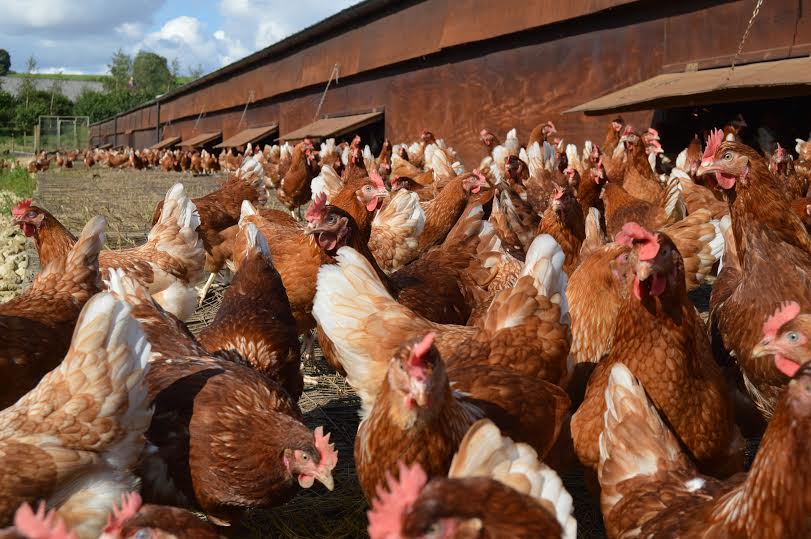
British retailers have been urged to continue supporting poultry farmers as the 12 week derogation protecting their free-range status nears its end.
As a result of the recent Avian Influenza outbreaks, the Government put in place an AI Prevention Zone, which includes a housing order requiring all free range poultry to be kept indoors. Both the derogation and the housing order are due to expire on 28 February 2017.
National Farmers Union (NFU) President Meurig Raymond has written to the CEOs of Britain's top ten retailers applauding their efforts for supporting farmers in the weeks following the Avian Influenza outbreak.
Their work has included engaging with industry leaders to find practical solutions to mitigate the impact of the housing order. For instance, informing customers on their websites and in stores that free-range birds are currently being kept indoors by farmers to meet government advice.
'Very concerned'
In his letter he has asked for this support to continue, amid concerns that the housing order could be extended without a derogation in place thus ending the birds free-range status.
"To date we have welcomed the support and understanding of the country’s major retailers with this situation", said Mr Raymond.
"However, these are unprecedented times and I remain very concerned about the future of the free range poultry sector for both meat and egg products should the housing order remain in place without a derogation that enables producers to market those eggs and meat to market as free-range.
"Downgrading these products would have a huge impact on margins in the sector."
Germany and the Netherlands are the first two countries to downgrade eggs from free range to barn, costing the industry millions of pounds in income and re-labelling costs.
